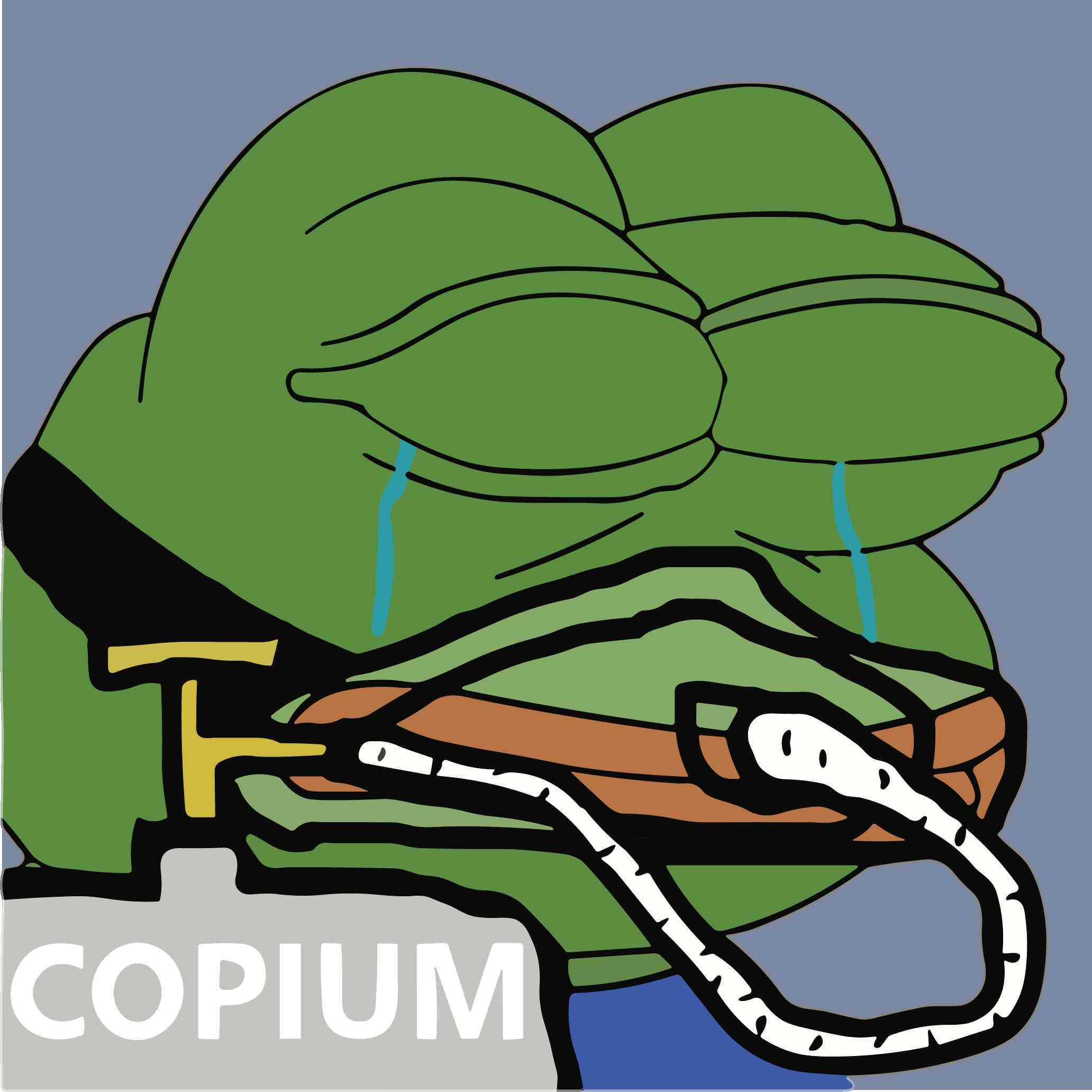Extrusions is a periodic shortform synthesis of what we’ve been chewing on recently at Plastic Labs—you can subscribe here
Cope Is the Canary, but Context Is Key (for The End of Software)
The End of Softwarehttps://t.co/JWg6QYqLzO
— Chris Paik (@cpaik) May 31, 2024

Many reactions to Chris Paik’s prescient The End of Software carry a distinct signature that readers of the Pessimist’s Archive will recognize instantly—cope.
Cope-y outbursts like this are almost always a canary in the coal mine. As technologists, we’re quick to notice the defensive, rationalizing outcry that accompanies the eve of disruption. But like everyone else, it’s hard to notice when it’s coming for you. When you’ve got skin in the game.
It’s easy for us to see that creators denouncing the quality of image generators or English teachers asserting LLMs “only produce bad writing” herald the advent of serious change. If there were no threat, there’d be no negative reaction. They might be right…right now, but it’s only a matter of time (and market forces). No doubt they too can laugh at the historical examples of this in other groups disparaging stuff we all love and take for granted today.
The key thing to notice is that both positions can be true. New technology often does suck, but it also often gets way, way better. So much better that we can fully dispense with yesterday’s drudgery for tomorrow’s opportunity.
Yet the ways in which the fresh tech sucks today form the roadmap to the ways it will be awesome in the future. It’s a mistake to say the problem is solved and a mistake to say it won’t be solved.
Chris is right that AI is coming for software like the internet came for journalism1. But he’s making a predictive macro argument. And he’s not saying this is a done deal. Similarly, those arguing that how they do software development is more complex than what LLMs are currently capable of are right…but again, not a done deal. If the solution was complete, we’d be on to arguing about the next thing.
So what’s missing? What roadmap can we learn from the cope that gets us to disruption? What do LLMs lack and software engineers have that’s critical to translate ideas and natural language into applications?
At Plastic, we think it’s context. Not just context on how to do a general task, like writing code, but your context. How you would write the code? Why would you write it that way? What made you that person?
To know this—to bridge the gap—LLMs need access to a model of your identity. How you solve a technical problem is about more than just your technical knowledge. It’s about all the elements of your identity and psychology and history that inform how you synthesize unique solutions. That’s why we’re building Honcho.
And to realize a future replete with trusted autonomous agents working across diverse domains on your behalf reliably—as true extensions of your agency—we’ll need Honcho too.
the latent space contains all possible identities pic.twitter.com/cWO6ovRJnN
— Courtland Leer (@courtlandleer) June 5, 2024
Footnotes
-
There is a distinction to be made re: the piece’s comparison between computer science & journalism degrees. Journalism is actually more like software engineering here, & computer science like language. Lang & cs will remain useful to study, but the journalism & engineering trade degrees built on top of those primitives need a serious refresh to be worthwhile. I.e. it’s a good idea to have aptitude with symbolic systems & abstract technical knowledge, but application & execution will change as technology evolves. ↩